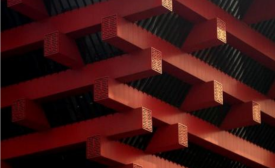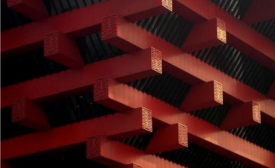china
...Deng Xiaoping met Henry Kissinger... and asked him: "Doctor, are you familiar with Confucius?" In uncharacteristic modesty, Kissinger said: "Not in detail". Although the Chinese are nowadays trying to return to their traditional culture and values to boost their soft power and political influence, I am afraid most of them have to echo Kissinger's answer, "not in detail", when prompted with the same question.

A compilation of Chinese public diplomacy pieces.
The Beijing-backed Confucius Institutes, which promote Chinese culture internationally, have been no stranger to controversy since their launch in 2004. Critics have charged they are platforms for Chinese espionage and propaganda—a salacious if still unsubstantiated charge

CPD has published a compilation of its blogs, PDiN Monitor articles, CPD Perspectives essays and other material on China and Public Diplomacy as its first eBook. Contents include pieces on China's Public Diplomacy, Cultural Diplomacy, the Shanghai Expo 2010 and China in the News originally published by CPD between October 2009 and August 2012.
In the mass media and the blogosphere,both inside and outside China,commentators have been discussing the differences between the cultural segments of the Beijing and London ceremonies as representative of two opposed political systems.
"Promoting cultural communication is an interesting job," says Krause in fluent Chinese. "The Confucius Institute is more like my kid, a 5-year-old who has started kindergarten but doesn't need breastfeeding anymore," he adds.
Aggregate data are not available, but figures from local language centres across the continent suggest that the number of people in Europe enlisted in taking the official Chinese Proficiency Test - or HSK - over the last two years has grown by close to a factor five.







